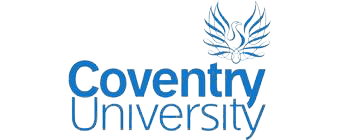If you enjoy following and responding to the important issues of the day or wish to pursue a media-based career, this course engages with contemporary developments and debate in media, communication and culture.
Take our virtual tour
On this course we will develop your abilities to question, critique and make your voice stand out from the crowd on topical debates around feminism, identity in a digital world, global and transnational media events, international media industries, distribution networks, memes and viral campaigns, among others.
Our course was one of the first in the postgraduate field of communication, culture and media in the UK. Our teaching is underpinned by meaningful, research-based and real-life projects, collaborating with our current network of international partners from countries including Finland, Australia, Japan and America (subject to availability).














